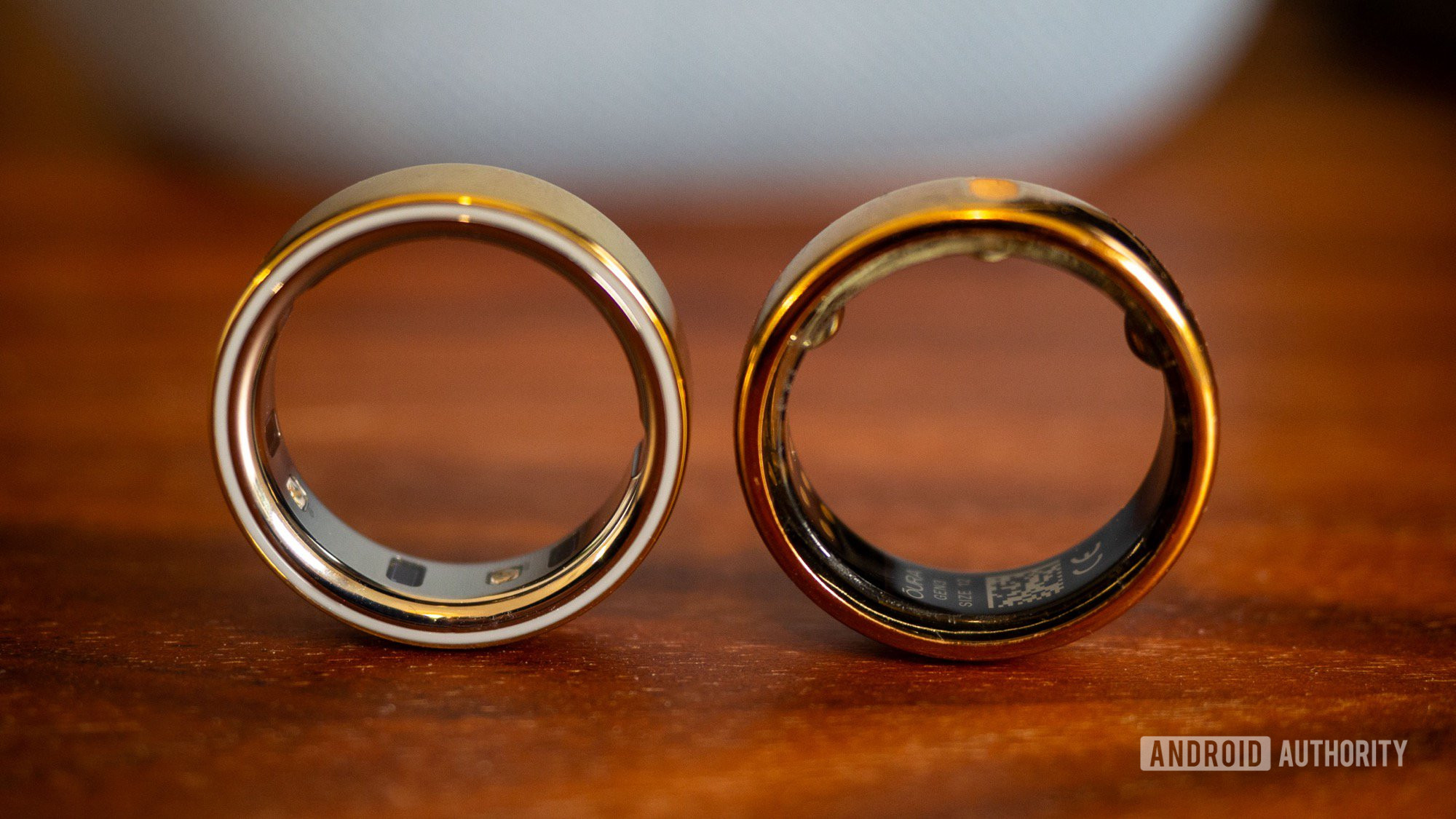
Rita El Khoury / Android Authority
TL;DR
- Choosing the right size for a smart ring can be a real headache, with customers needing to use sizing kits before purchasing.
- Patents reveal that companies are developing smart rings that can automatically adjust their size.
- Such a solution could make smart rings more user-friendly while also lowering manufacturing costs.
Smart rings have been on the market for a while, but they’ve recently started to gain real traction with consumers. Not only are specialized brands like Oura leading the charge, but major tech giants are also taking notice. Samsung just launched its Galaxy Ring, and there are whispers that other phone makers like Apple and Xiaomi are in the race to launch their own smart rings.
One of the major hurdles for smart rings is that, unlike wrist wearables, they can’t simply be one size fits all. Ring sizes are notoriously inconsistent, forcing companies to offer a wide range of sizes to attract as many buyers as possible. The new Oura Ring 4 and the Galaxy Ring both come in almost ten different size options. That’s a lot of rings to manufacture, and it makes the whole buying process more complicated.
Getting the size right is even more crucial for smart rings, as the sensors within need to maintain the correct pressure against the skin to track metrics such as heart rate, sleep patterns, and blood oxygen levels accurately. Currently, customers must obtain a sizing kit before placing an order to ensure they select the appropriate size for their finger.
However, technology often provides solutions to the problems it creates. And it looks like companies might already be working on a solution to the ring sizing dilemma. 91mobiles recently spotted a patent filed by Xiaomi with the China National Intellectual Property Administration (CNIPA). This patent reveals a revolutionary design for a smart ring that can automatically adjust to fit your finger.
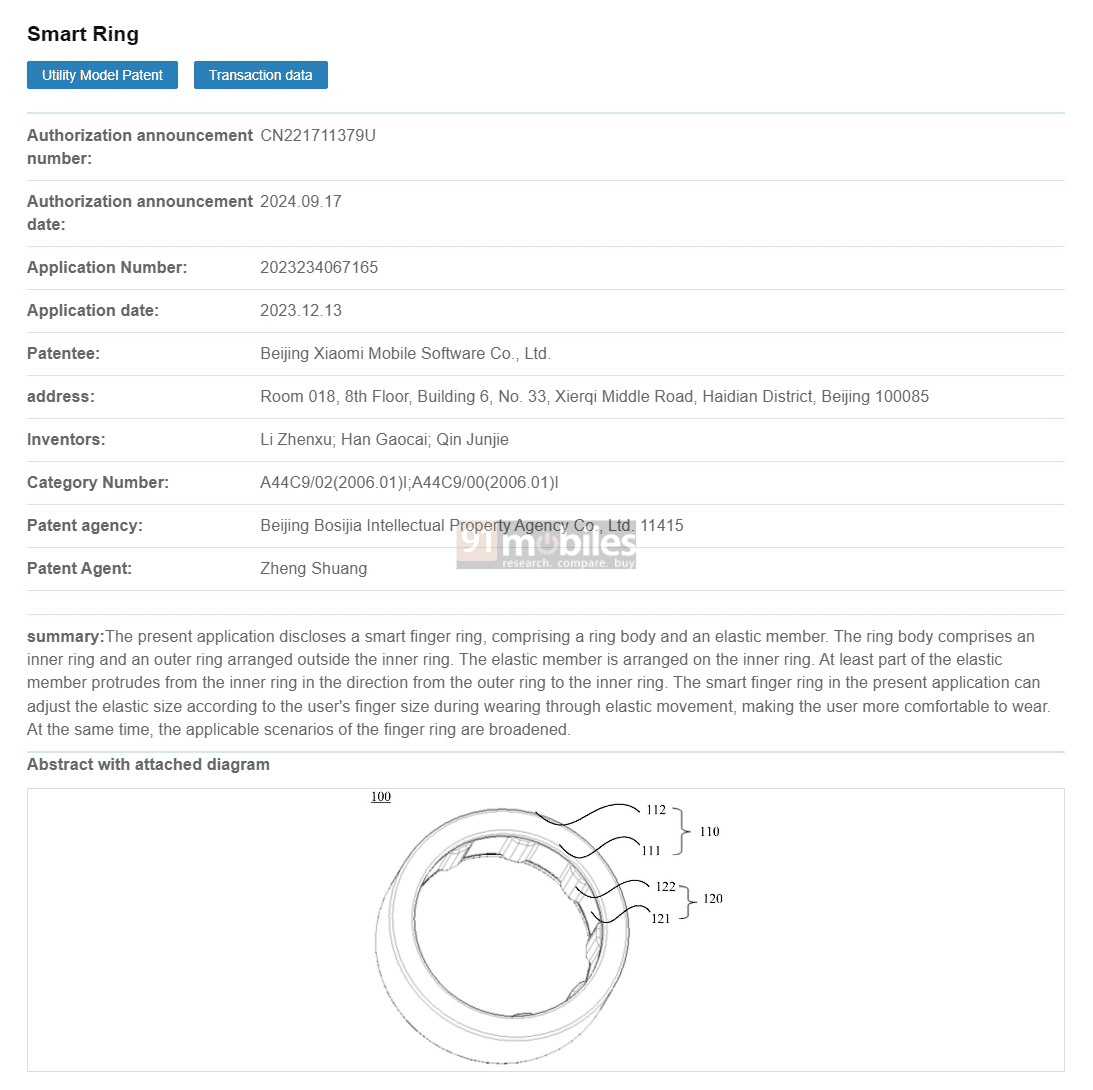
How does it work? From what we can gather from the Google-translated patent, Xiaomi’s design uses a particular “elastic component” — probably made of something like PVC or rubber — along with a spring mechanism inside the ring. This clever combination allows the ring to change its size dynamically, ensuring a comfy and secure fit no matter what size your finger is.
This auto-adjusting design could allow you to wear the same ring on different fingers or even share it with a friend or family member. Moreover, Xiaomi’s design could account for factors like finger swelling and weight fluctuations, which can affect ring size.
Beyond its clever design, the patent also suggests that the ring will support a range of connectivity options—think WiFi, 2G, 3G, 4G LTE, 5G NR, NFC, and UWB. It’s packed with the usual sensors but also has a touch panel and even a mic and speaker. This means users can expect features for health tracking and some sort of smart features when clubbed with other devices.
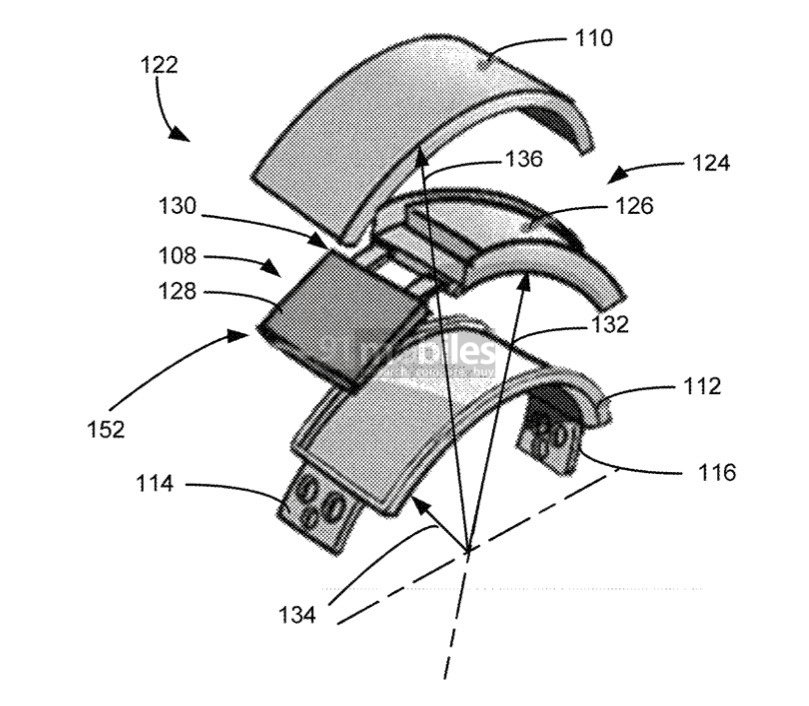
Interestingly, Xiaomi isn’t the only company exploring auto-adjusting ring technology. 91mobiles previously reported on a similar patent filed by Oura. However, Oura’s design appears to employ a different mechanism, potentially resembling the adjustable band found on headphones.
Either way, a smart ring with adjustable sizing could eliminate the guesswork involved in choosing between sizes, a problem highlighted by the fact that neither Oura nor Samsung offer half-sizes, often leading to customers choosing larger rings for a more comfortable fit.
Of course, as with all patents, there’s no guarantee that this technology will ever make it to market. But with the growing popularity of smart rings and the clear benefits of a one-size-fits-all solution, it seems like only a matter of time before someone cracks the code.
Got a tip? Talk to us! Email our staff at [email protected]. You can stay anonymous or get credit for the info, it's your choice.

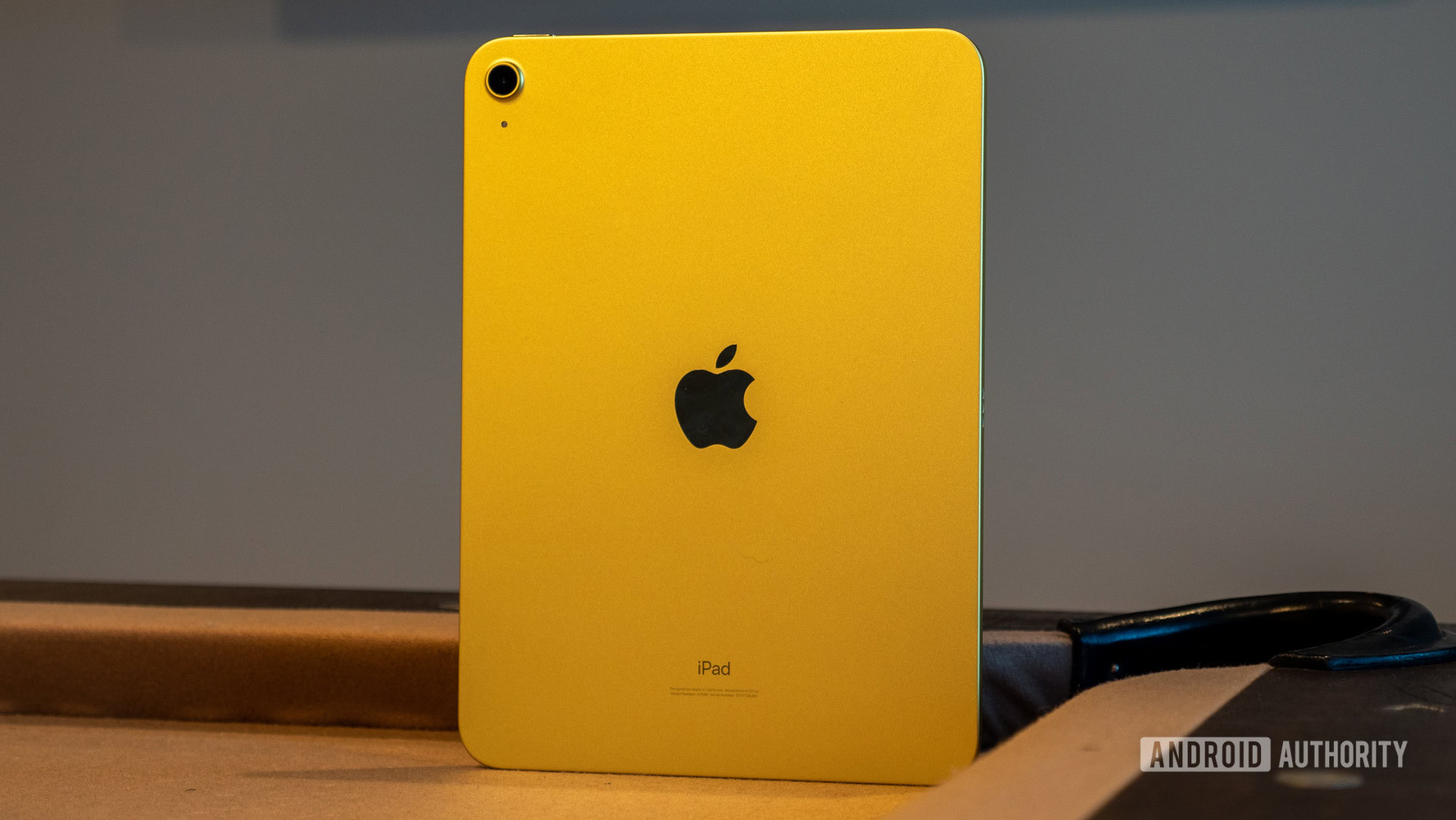

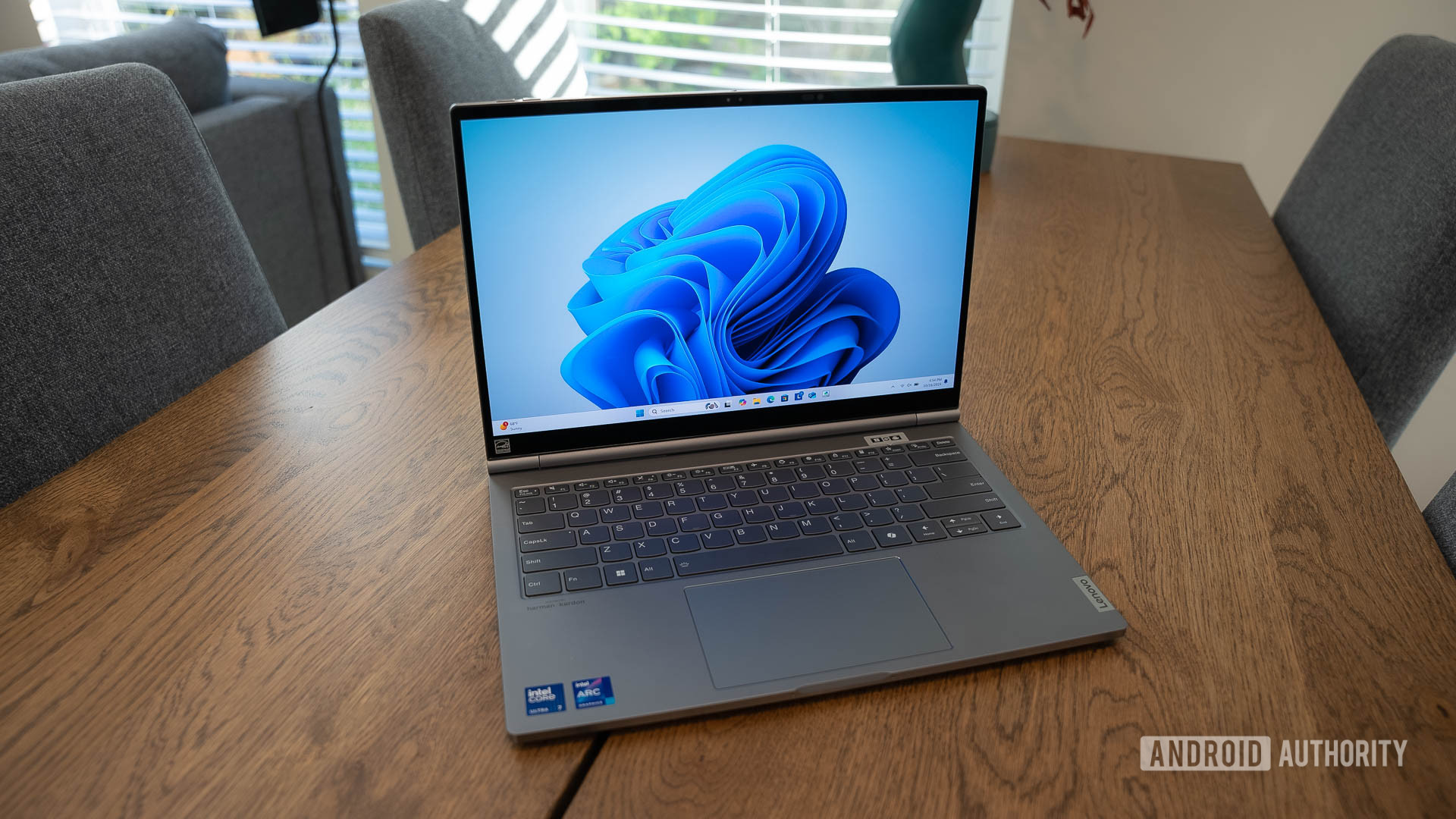




 English (US) ·
English (US) ·